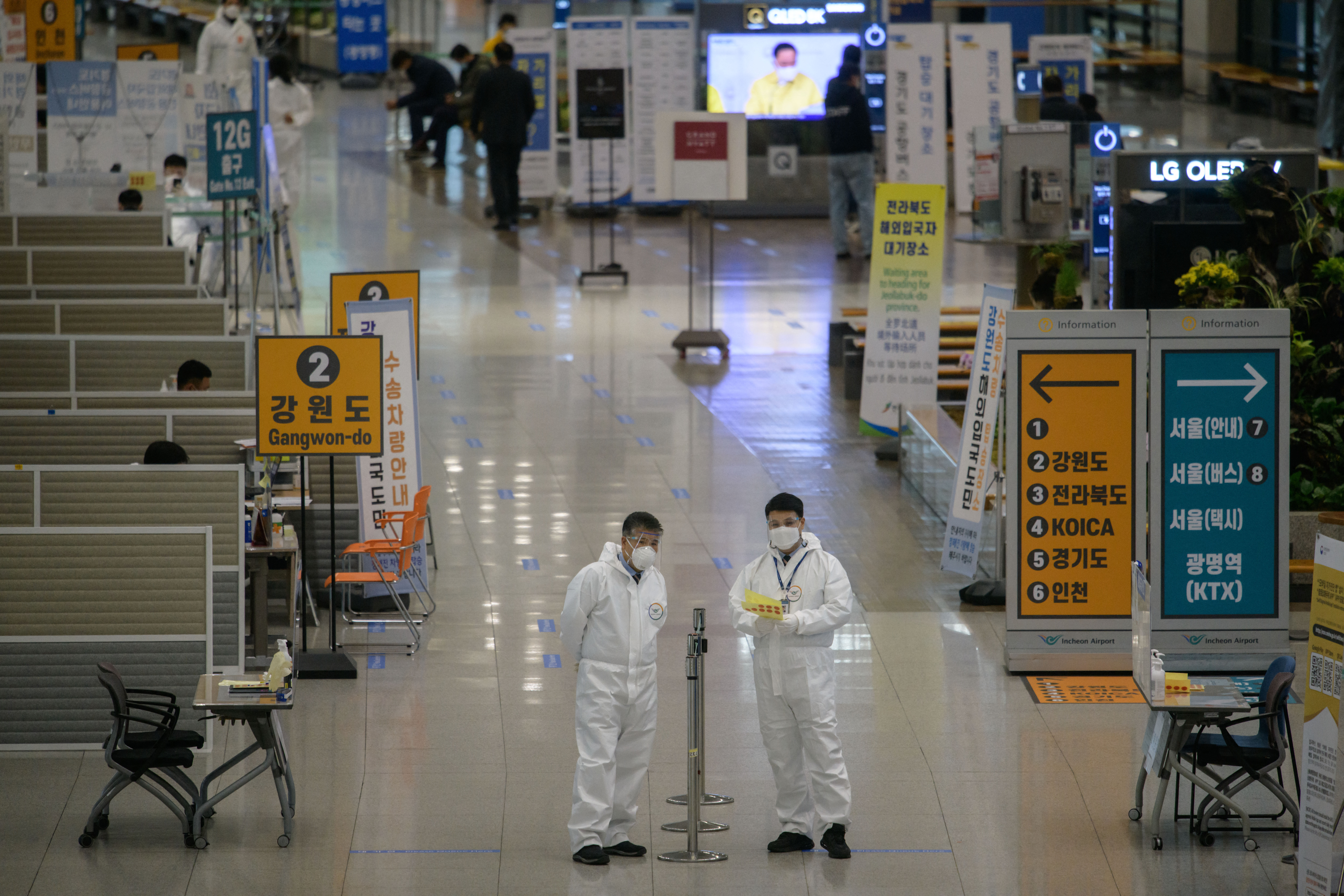
Facebook posts falsely claim asymptomatic Covid-19 carriers are ‘non-infectious’
- This article is more than four years old.
- Published on June 1, 2021 at 09:50
- 2 min read
- By AFP South Korea
The claim was shared here on Facebook on May 17, 2021.

The post's Korean-language caption translates to English as: “
“Asymptomatic carriers have nothing to do with Covid-19 tests, wearing masks, social distancing measures, self-isolation and quarantine.”
The identical claim was also shared on Facebook here and on Twitter here.
However, the claim is false.
'Still infectious'
According to the World Health Organization (WHO), Covid-19 patients without symptoms can be infectious.
“Infected people can transmit the virus both when they have symptoms and when they don’t have symptoms,” WHO notes in the Q&A page which explains how is Covid-19 transmitted.
“This is why it is important that all people who are infected are identified by testing, isolated, and, depending on the severity of their disease, receive medical care,” it says.
“Even people confirmed to have Covid-19 but who do not have symptoms should be isolated to limit their contact with others.”
The US Centers for Disease Control and Prevention (CDC) also warned that asymptomatically infected individuals could transmit the virus.
“People with Covid-19 who never develop symptoms (asymptomatic) and those who are not yet showing symptoms (pre-symptomatic) can still spread the virus to other people,” said CDC on its website. “ Wearing a mask helps protect those around you, in case you are infected but not showing symptoms.”
The most common symptoms of Covid-19 are: a fever; a dry cough; and tiredness, according to the WHO.
Virus shedding
A study by Chinese researchers from the Guangdong and Zhuhai Centres for Disease Control and Prevention found that the viral load detected in asymptomatic patients was similar to that in symptomatic patients.
This suggests asymptomatic or minimally symptomatic patients could potentially transmit the virus to others, according to the study published in March 2020.
Another study published on the academic journal Science on May 25, 2021, found that patients who were presymptomatic, asymptomatic, or mildly symptomatic had higher viral loads at their first positive coronavirus test than their hospitalised counterparts for all ages up to 70 years, and viral loads increased with age.
The term "asymptomatic" refers to people with Covid-19 who never develop symptoms of the disease, while "pre-symptomatic" means a person is infected and has not yet developed symptoms, but goes on to develop them later.
“Our results indicate that PAMS [presymptomatic, asymptomatic, mild symptoms] subjects in apparently healthy groups can be expected to be as infectious as hospitalised patients at the time of detection," researchers from the Charite-Universitatsmedizin Berlin wrote.
"The relative levels of expected infectious virus shedding of PAMS subjects (including children) is of high importance because these people are circulating in the community and it is clear that they can trigger and fuel outbreaks,” they added.
Copyright © AFP 2017-2026. Any commercial use of this content requires a subscription. Click here to find out more.
Is there content that you would like AFP to fact-check? Get in touch.
Contact us
